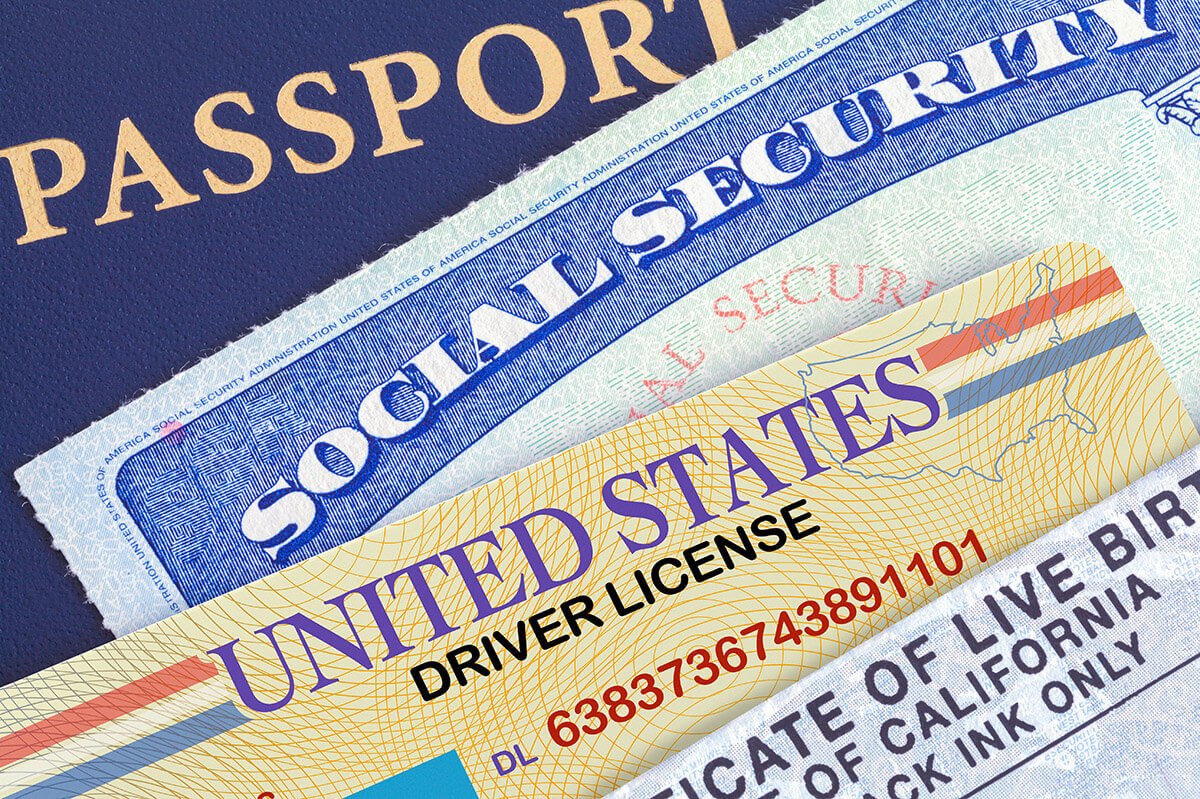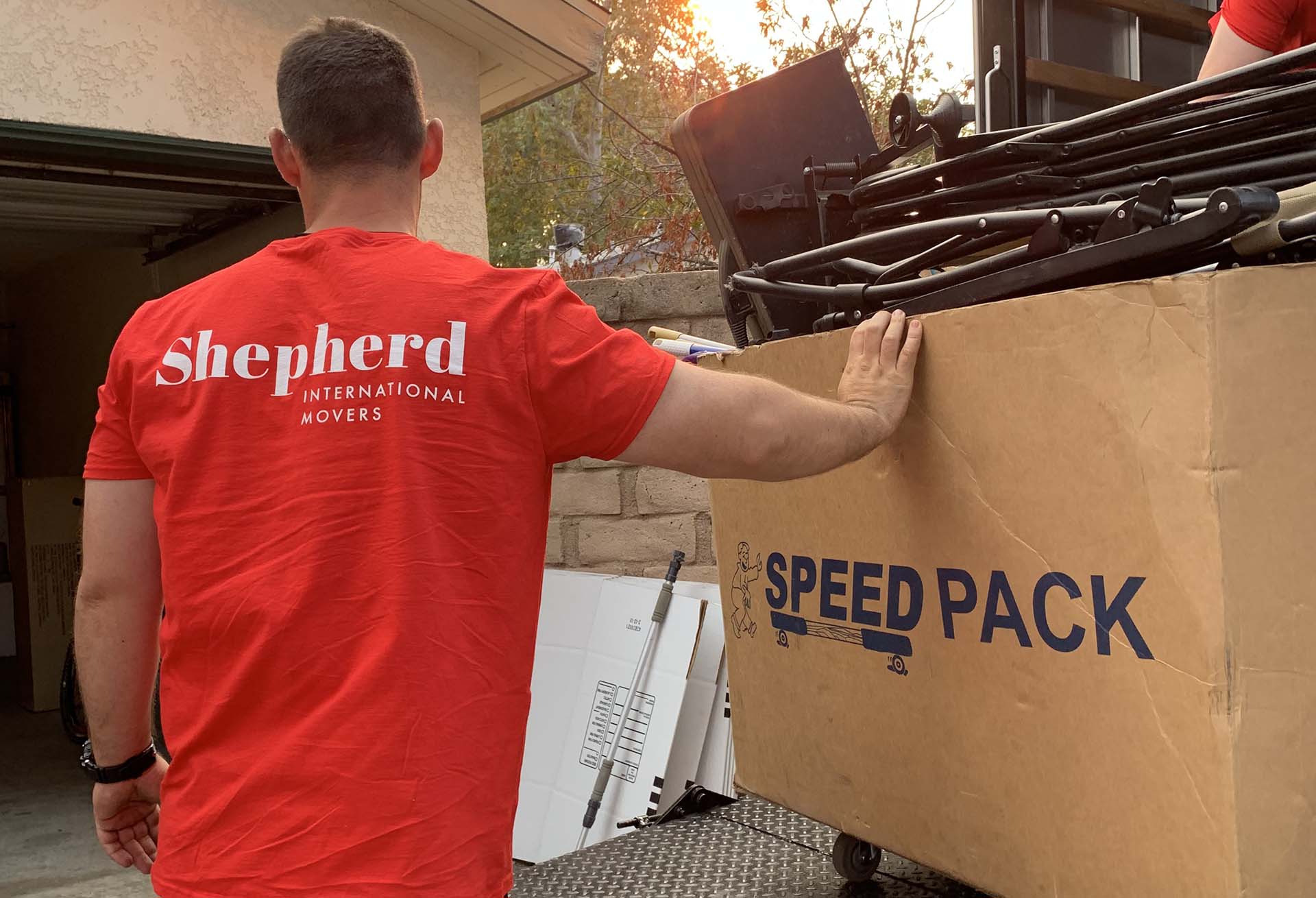

When planning a relocation across the globe, knowing when to start packing for a move is crucial. The timing can affect everything from stress levels to the logistics of international transportation. You’ll need to assess the volume of belongings, consider shipping timelines, and coordinate with international movers to set a strategic packaging schedule well in advance. This blog post will help you prepare for a smooth transition to your new home.
When to Start Packing for a Move?
When to start packing for an overseas move depends on the size of your home and the distance of the relocation. For a large home, it’s advisable to start packaging at least three months in advance. If you’re relocating from a smaller home, four to six weeks should be sufficient. Always begin with items you use infrequently.
As the relocation day approaches, pack more essential items, leaving a box for last-minute essentials. Planning your packaging schedule allows for a less stressful transition, ensuring everything is organized and ready when your relocation day arrives.
The Timeline of International Relocation – What You Need to Know
When should you start packing to move? The most important thing is to start early! Typically, you should begin the process about three to six months before your relocation day. This extended timeline is crucial when moving internationally due to the complexities of overseas shipping, securing visas, and other logistics. Early planning helps you avoid last-minute rushes and anxiety about relocating and ensures that all necessary arrangements are in place.
Key Factors That Influence Your Packaging Schedule
Several factors can adjust your wrapping timeline based on your relocation date, including the destination country’s customs regulations and the time of year. For instance, some countries have lengthy customs processes that could delay the arrival of your belongings, necessitating earlier packaging and shipping. Consider whether you’re relocating during a peak relocation season, like summer, which could impact the availability and costs of moving services.
Setting Milestones – From Deciding When to Start Packing to Move to the Actual Relocation Day
Create an international moving checklist and set milestones to keep your relocation on track. Start with major tasks such as sorting out your belongings. At about two months out, begin packaging non-essential items and finalize travel arrangements. One month before the big day, tackle essential documents and set up services in your new home. By breaking down tasks into manageable steps on a to-do list, you’ll ensure a smoother transition to your adventure abroad.

Preparing for an International Move – Laying the Groundwork
An international relocation requires meticulous preparation. Begin by researching your destination and understanding local laws and housing markets. Establish a relocation budget, factoring in the cost of moving services. Engaging a legitimate relocation company early in the process can provide valuable insights and support, ensuring you meet all logistical and regulatory requirements.
Assessing What to Ship Internationally
While it may be tempting to simply box up everything you own, that’s not really practical, is it? In most cases, you’ll need to carefully go over all your belongings and decide what to take with you. This decision should be influenced by the cost of shipping versus replacement, the practicality of using your belongings in a new environment (considering different electrical standards or space limitations), and sentimental value. It’s often more cost-effective to purchase certain appliances abroad than to ship them, especially when relocating on a low budget.
Sorting and Downsizing – Reducing Load and Cost
Downsizing can significantly reduce your relocation costs and simplify your transition. Start by categorizing items into piles – what to keep, sell, donate, and discard. Focus on reducing items that are replaceable or rarely used. Hold a garage sale or use online marketplaces to sell valuable items. Donate items in good condition that you can’t sell. The goal is to keep only what is necessary or meaningful, which also makes unpacking and setting up your new home easier.
Dealing With Documents – What You Need for Moving Abroad
Organize essential documents well before your departure date to another country. This includes passports, visas, work permits, medical records, and international driving licenses. Check the expiration dates and renewal requirements. Prepare relocation-related documentation, like customs forms and inventory lists for the items you wish to ship. Secure these documents in a safe, easily accessible place, as they are crucial for smooth entry and setting up your new life abroad.

Starting Early – Items You Can Wrap up Weeks in Advance
When preparing for relocation, some items can be packed well in advance to streamline the process. One of the best practices for international packing is to start with out-of-season clothing, spare linens, and extra kitchen items that you won’t need immediately. Packaging these items early not only reduces the last-minute rush but also helps gradually declutter your living space, making it easier to manage daily life as the relocation day approaches.
Seasonal and Rarely Used Items
Holiday decorations, winter coats, or summer gear are perfect candidates for early packaging. These items are used infrequently and won’t be missed in the weeks leading up to relocation. Ensure that they are protected against moisture and pests, especially if they will be in storage or transit for extended periods. Label the boxes clearly so that you can easily identify and set them aside when unpacking in your new home according to the current season.
Decorative Items and Artwork
Decorative pieces and artwork can be packed ahead of time since they are not essential for daily activities but require careful handling. Use specialty boxes and packaging materials designed for art and fragile items to prevent damage during transit. Wrap sculptures and ornaments in bubble wrap and secure paintings with glassine paper to protect against scratches and moisture. Label these boxes as “Fragile” to ensure they are handled with care.
Books, DVDs, and Other Media
Books and media collections like DVDs, CDs, and vinyl records can also be packed early. However, they can be surprisingly heavy, so use small boxes to avoid making them too cumbersome to lift. Sort through your collection and decide what to pack. It may be a good opportunity to digitize some items or donate duplicates to reduce volume.
Pack these items tightly to prevent shifting, and fill any gaps with packaging paper to cushion the contents. Like other early-packed items, label these boxes clearly, not just with the contents but also with the room they belong to, facilitating a smoother unpacking process at your new destination.

Detailed Packing Plan for the Final Weeks Leading to Relocation
As your relocation day draws near, a detailed packaging plan becomes crucial. Create a daily or weekly checklist to manage these tasks effectively, ensuring that everything is packed systematically. As the final week approaches, shift your attention to the essentials that you’ll use until the day you relocate.
Utilize the Room-By-Room Approach
One of the best tips for packing for international relocation is to use the room-by-room approach.
This will help keep the process organized and manageable.
Start with the rooms you use least, such as guest rooms or dining areas.
From there, gradually move towards the more frequently used spaces like the kitchen and bedroom.
Label each box with the room it belongs to and a brief description of its contents.
Pack Your Daily-Use Items and Travel Kits Last
Items you use daily should be packed last, ideally a day before or on the day of the relocation. This includes your toiletries, basic kitchenware, a few changes of clothes, and any ongoing work or school supplies. Pack these items in a box or a suitcase that you can access easily.
Additionally, prepare a travel kit with snacks, water, medications, and chargers. Always keep essential documents with you during relocation. This includes passports, travel tickets, rental agreements, key contacts, and medical records. Pack these in a secure, easily accessible bag or folder. Having these important items on hand will keep you prepared for any immediate needs upon arrival or during transit.

Special Considerations for International Moves
International relocations entail unique challenges, such as navigating long-distance logistics, adjusting to different climates, and breaking language barriers. It’s important to research your destination’s local customs, climate, and living conditions to determine what to bring. Additionally, consider the availability and cost of goods in your new country to decide whether to ship household items or purchase them locally.
Customs and Regulations – Packing According to Rules
When packing for an international relocation, you must adhere to specific customs regulations and restrictions of the destination country. Prohibited items typically include certain foods, plants, and hazardous materials. Ensure you understand these rules to avoid delays and potential penalties. Proper documentation for all items being moved, including detailed inventories and receipts for valuable items, is essential for smooth customs clearance.
Engaging International Movers and Packers for Your Move
Choosing the right relocation company is crucial for a smooth relocation. Look for companies with extensive experience in international logistics, including knowledge of customs regulations and expertise in handling shipments across borders. Verify their credentials and customer reviews, and ensure they offer insurance coverage for international moves.
When to Schedule Professional Packing Services for International Moves
Schedule professional packing services at least a month before your moving date. This timing allows any necessary adjustments based on the assessment of your belongings.
Early scheduling ensures that the team has enough time to handle your items with care, using materials that are suited for international transit.
The Benefits of Full-Service International Movers
Opting for a full moving service from an international moving company can significantly ease the burden of moving overseas. Here are some key benefits of relocating with professionals like our Shepherd International Movers by your side:
- Comprehensive services – From packing assistance to loading and unloading of your boxes and furniture, all aspects of the move are handled professionally.
- Customs handling – Experts manage all customs documentation and compliance issues.
- Insurance coverage – You can get premium insurance options to protect your belongings throughout transit.
- Storage solutions – Offers both short-term and long-term storage if you need to delay moving into your new home.
- Convenience and time-effectiveness – Relocating with professional movers reduces the relocation stress and time commitment needed from you, allowing you to focus on other important aspects of relocation.

Shepherd International Movers Is Here for You – Reach Out and Book Our Expert Relocation Services
Planning an international move? Shepherd International Movers is ready to assist you every step of the way. With our extensive experience and tailored relocation services, we ensure a smooth and stress-free transition. Our team handles everything from detailed packing to efficient customs clearance, all under one roof.
We offer customized moving plans, secure transportation, and comprehensive insurance coverage to safeguard your belongings. By choosing Shepherd International Movers, you’re not just relocating your items – you’ll be moving with a trusted partner. Contact us today to book our expert services and start your journey to a new home abroad with confidence.






